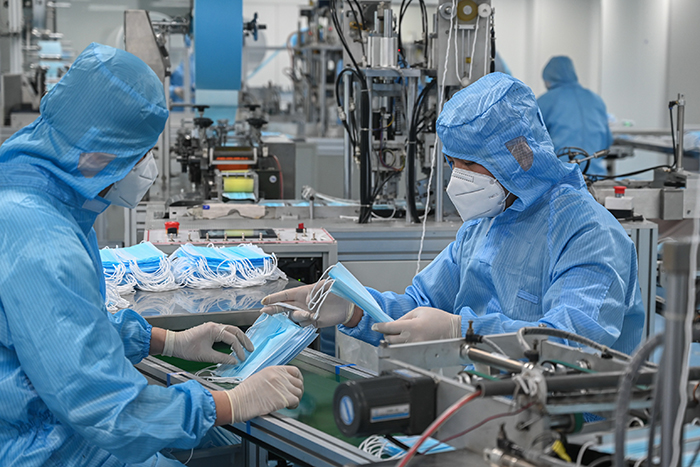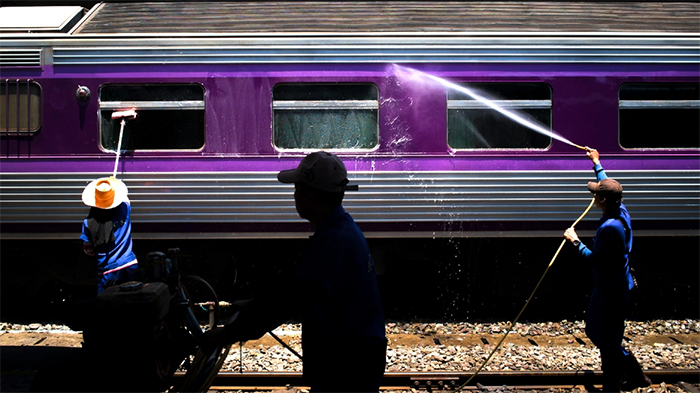Myanmar Universities Invent Robots that Reduce Contact between Health Workers and COVID-19 Patients
Robots are helping keep medical workers in Myanmar safer and lowering the risk of further spreading the coronavirus disease (COVID-19) by reducing contact with COVID-19 and COVID-19-suspected patients.








